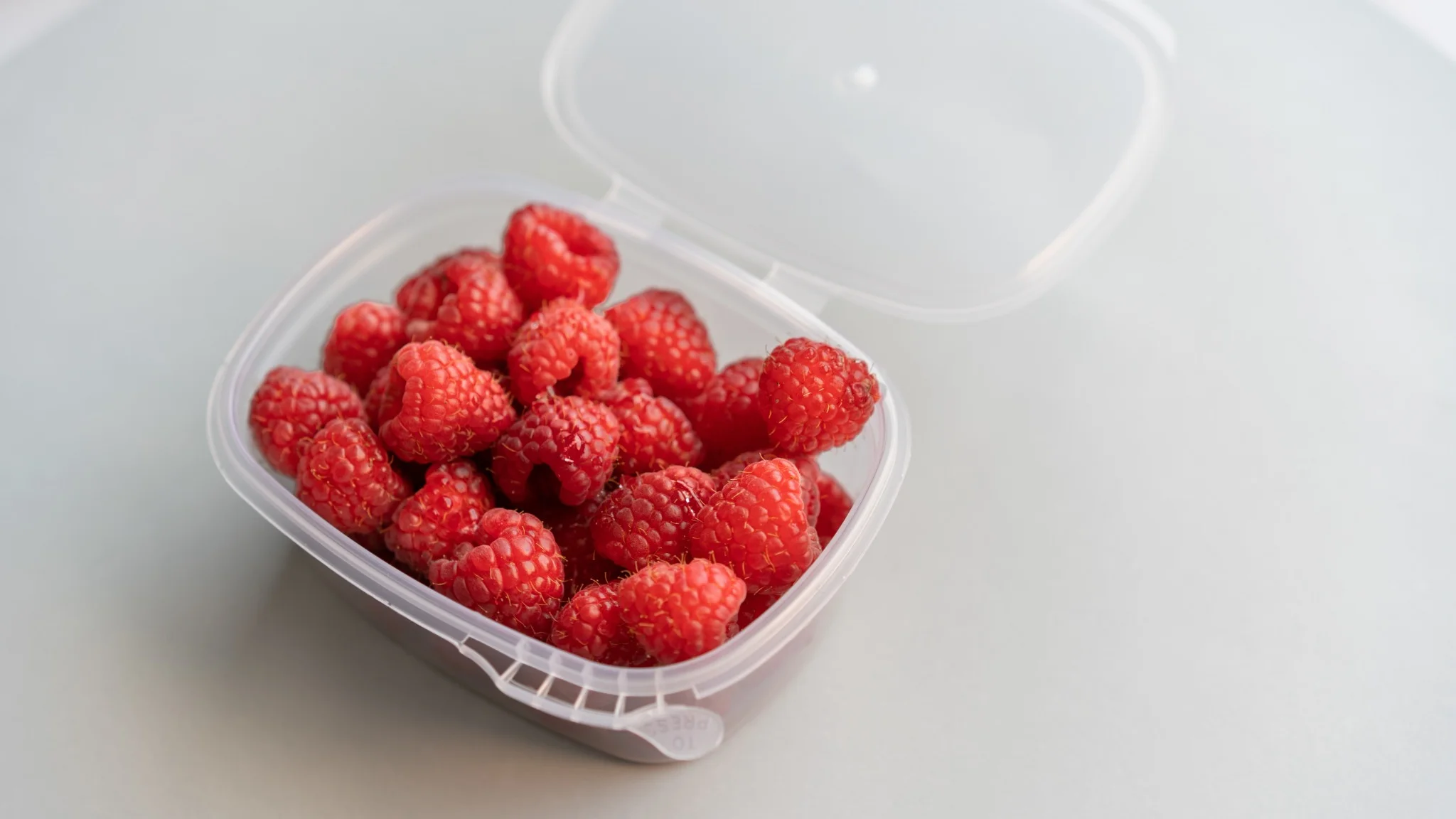A new association will soon represent raspberry growers from different regions of Serbia and work to modernize the sector.
Platform for raspberry development in Serbia from 2022 to 2025 announced. At the invitation of raspberry growers' associations, raspberry growers from the Raška region, Kolubara district, Čačak, Ivanjica, Osečine, Arilje, Vranje, and Vranjska Banja, gathered in cooperatives and growers' associations, met in Belgrade at the end of September to form a working group to create a "Platform for Raspberry Development in Serbia from 2022 to 2025."
This is expected to be done with the help of experts in the field of fruit growing, Professors Zoran Keserović, from the Faculty of Agriculture in Novi Sad, Milan Prostran, an agroeconomic analyst, and Ministry of Agriculture collaborator Vesna Radojičić. The platform will focus on professionalizing the raspberry industry in Serbia and will be in contact with the Serbian government.
According to the participants, the meeting was held at the right time -at a time when the new government is being formed and at a time when the export of Serbian raspberries to Germany, the largest importer of Serbian berries, has decreased dramatically.
Nikola Mihailović, President of the Union of Cooperatives of Serbia, and Božo Joković, Director of the Agricultural Cooperative "Agro Eko Voće" talked about how to proceed in raspberry production. They discussed berry prices, quality seedlings, new growing technologies, and how to market raspberries in a way that satisfies both producers and exporters.

"We left behind a turbulent decade. The only bright spot was 2021, when world demand for raspberries was high and the price adequate. Based on this data, Serbian producers thought this year would be a success as well."
"However, this year's weather conditions were not favorable, from cold spring to heavy rains, input prices increased tremendously, raspberries were not sold as well as the previous year due to the world economic situation, and farmers have never had higher production costs than this year," said Jonel Subić, Ph.D., from the Institute of Agricultural Economics.

Added to all these problems in Serbia is the problem of preserving the quality of plantations, which Professor Keserović spoke about. "We are all aware that raspberries will play an important role in the economic development of Serbia. We need to work on technologies adapted to climate change. It is not possible to continue raspberry production with no more than 1 percent of plantations under hail nets and 3-4 percent of plantations under irrigation systems. We need to change this situation in order to have higher yields and stop 'looking at the sky,'" said Professor Keserović.
Source: Agroberichten Buitenland







